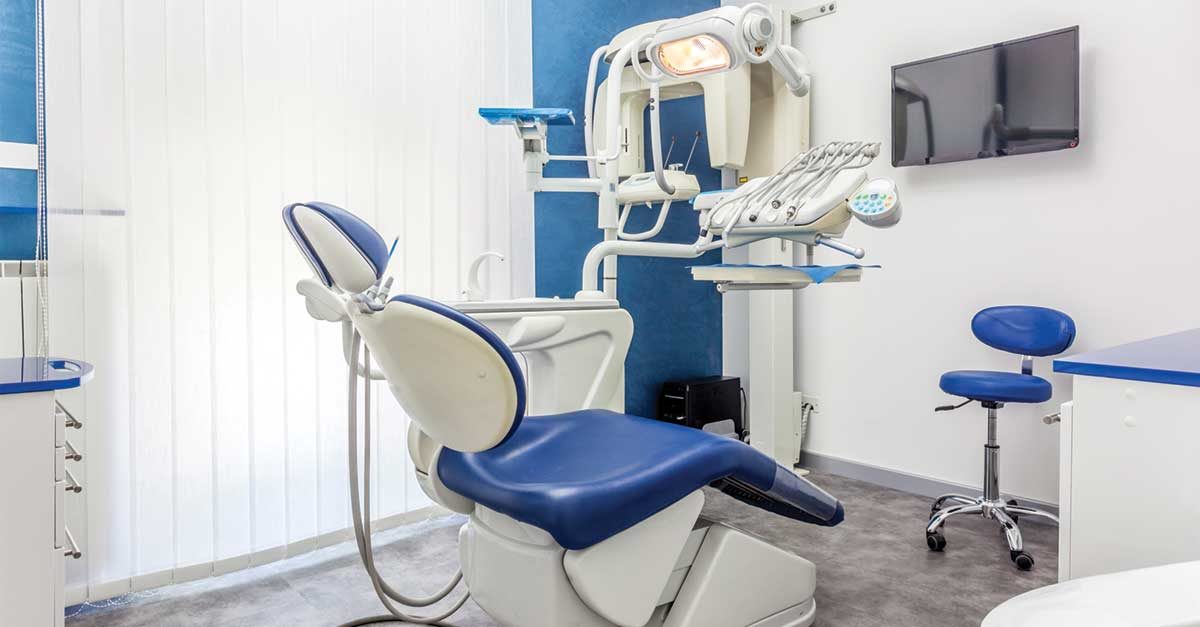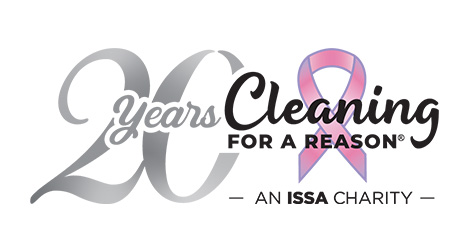Companies bidding on cleaning projects for a medical facility need specially trained staff, knowledge of the necessary equipment, and an understanding of the facility’s hours of operation and clientele. This basic knowledge can help you create a bidding strategy for a general medical building.
In this article, part two of a three-part series, we’ll explore what to keep in mind when bidding on more specific medical facilities: doctor offices, dentist offices, and medical labs.
Consider Universal Precautions
When it comes to cleaning medical facilities, you must have an exposure control plan in place. You will want to train your staff on the specifications depending on the type of lab or office and work conducted in the facility, but as the name implies, universal precautions are universal, no matter what type of a medical facility you clean.
As with any type of medical environment, personal protection equipment (PPE) is crucial. This means that you may need to do some research or invest in new equipment if you have not cleaned medical facilities before. OSHA sets guidelines that can help you prepare for medical facilities.
Some other universal precautions to keep in mind: You will want to stress to your team the importance of being diligent with wearing the proper gloves and making sure they wash their hands thoroughly before and after cleaning. Medical offices are a place people go when they are sick and often contagious. Be sure your team is constantly mindful of this when cleaning medical facilities.
Now, let’s look closely at some specific medical spaces we clean:
Doctor Offices
In medical facilities, the offices and restrooms are similar to those in other buildings. The exam rooms and waiting areas, however, often require unique treatment.
The exam rooms will likely have sinks and exam tables that require special disinfecting techniques. Some facilities, especially a pediatrician’s office, will have toys for waiting children. These items are breeding grounds for germs and need to be cleaned daily.
Some pediatrician offices will have a “sick” waiting room designated for moms and dads who bring in children who are ill, as opposed to children getting routine checkups. It is extremely important to make sure waiting rooms for sick children are cleaned thoroughly to prevent the spread of illness.
Dentist Offices
Dental offices typically have the same cleaning requirements as general offices. They will have a waiting room, several exam rooms, and potentially a room for special procedures. The flooring in exam rooms is usually tile, but some locations may have carpeting. Cleaning the office area, waiting room, and restrooms should be business as usual, but that’s not the case for the exam rooms.
Dental clients may request you to wipe down the dental chairs, countertops, and sinks. Some will want all items removed from counters, cleaned, and replaced. Others will ask you to work around the items on the counters.
Medical Labs
Most medical labs are handled very similarly to exam rooms. Generally, everything of importance is put away before we enter the room.
If cleaning a medical lab, be prepared with an exposure control plan. Make sure that employees understand universal precautions and always use PPE. Generally, you won’t be asked to remove medical waste, but keep in mind that it is a possibility.
Be Prepared to Clean Longer
Medical and dental offices usually take more time to clean than general offices. The work to be done may vary, but the production rates are much slower compared to nonmedical spaces. And the cleaning schedule will vary depending on the medical office type.
In our experience, most small dental offices may only request service one or two times per week, whereas a busy doctor’s office will likely need to be serviced five or more times every week. The additional time it will take to complete the cleaning plan during each service visit, along with the frequency of service, will significantly impact your bid.
Consider Office Services
Bidding specs need to match the requirement of the space, which will vary from client to client. For example, clients may have an exam room sink that requires daily cleaning, and they may ask you to disinfect the exam table or prefer to do it themselves. They may have specific instructions for waiting room toys.
In short, there is no one-size-fits-all approach when bidding on medical offices. The key is to know the facility you are bidding on. Request a tour, ask questions based on what you see, then create a cleaning plan. Be careful to not handle expensive medical equipment to protect your cleaning company against loss or damage.
In part three of the series, we will discuss crafting a bid for dialysis centers.




